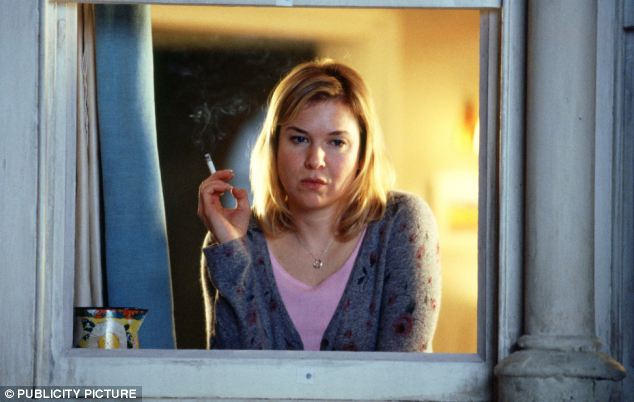Businesses just made $30 billion from Singles Day, a Chinese holiday that was made up to encourage single people to buy gifts for themselves.
What it means: New Years Day, Dia de Muertos, Diwali… every year, all around the world, hundreds of holidays mark religious rites, memorialise historical events, or just give us an excuse to have a good ol’ knees-up.
They can also have a pretty big impact on the economy. After all, if nobody goes to work for a day, that’s a huge amount of work-stuff not being produced. One report reckons that this means Brits effectively lose £2.3 billion per public holiday. On the other hand, holidays often come with a bunch of extra purchases: of Christmas trees, Thanksgiving turkeys or Valentine’s cards. Last year, Brits spent £19 billion on Christmas presents alone.
A Chinese company, Alibaba (a big online platform that sells a bit of everything) figured it could take advantage of this habit of buying more stuff when a holiday rolls around. So ten years ago it invented Singles Day. The idea was that the holiday would be like a reverse Valentine’s Day, where people who weren’t coupled up would buy themselves gifts. (Singles Day is held on 11/11 because it’s all about being just one. Aww?) The slogan for the event was “even if you don’t have a boyfriend or girlfriend, you can at least shop like crazy” (we assume it sounds slightly more snappy in the original Chinese).
The gimmick worked. Singles Day 2018 saw customers buy about $30 billion worth of stuff. (For a heads up about how much money that is, it’s the same amount Netflix has spent buying and making all its programmes over the last four years). That’s good for retailers like Alibaba, which has made just under $10 billion of profit this year. And according to lots of economists, it’s also good for the economy, because the more businesses sell, the more businesses will be set up and the more staff hired. But not everyone is pleased with the success of Singles Day, usually because they believe mass consumerism doesn’t make people happy and is bad for the environment.
Read our explainer on consumer choice theory.

